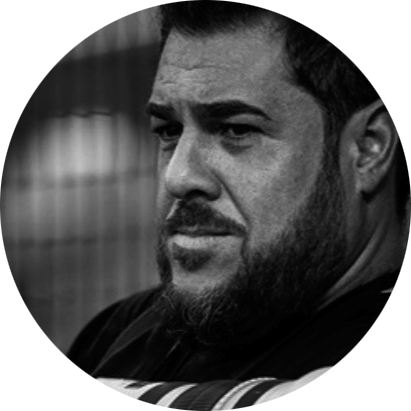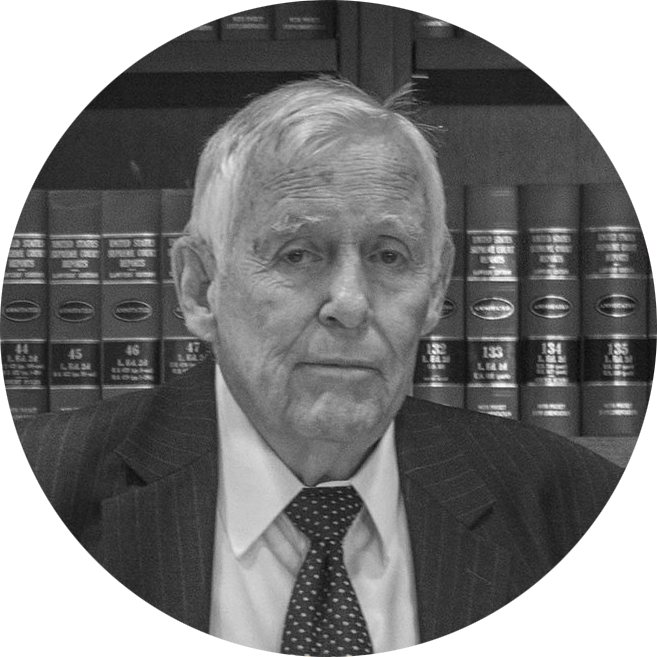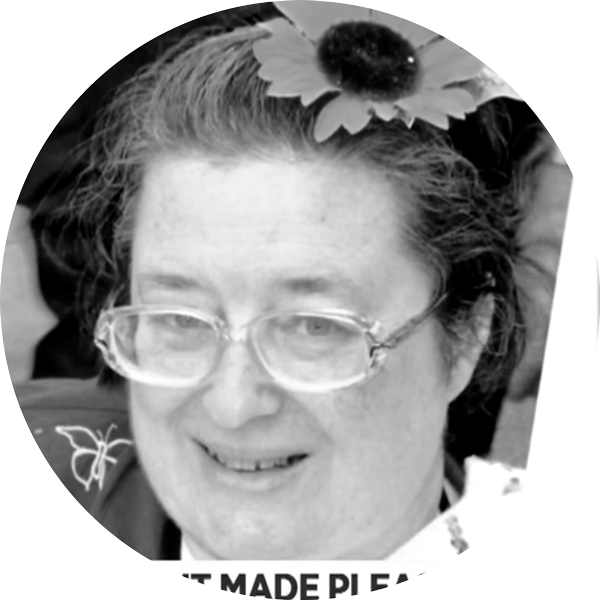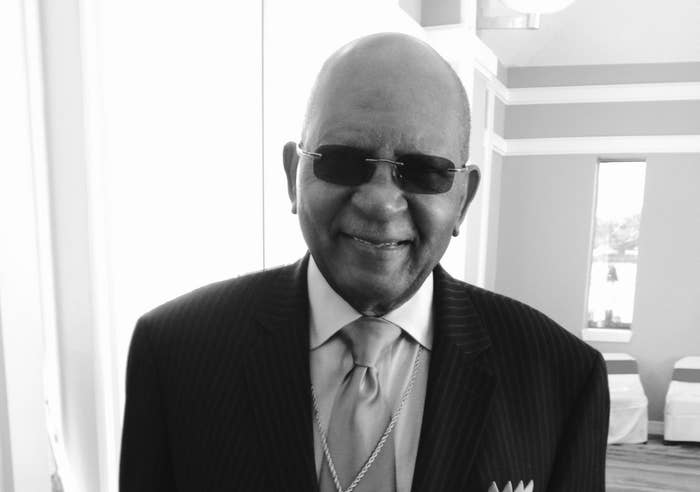
The journalists at BuzzFeed News are proud to bring you trustworthy and relevant reporting about the coronavirus. To help keep this news free, become a member and sign up for our newsletter, Outbreak Today.
James C. Campbell lay in his Houston hospital bed all alone.
Despite having a huge family — a loving wife, five children, and a combined 34 grandchildren and great-grandchildren — none of them could sit vigil by the 88-year-old’s bedside as he was dying from COVID-19, the disease caused by the coronavirus.
On March 26, his family called the nurse working the night shift at Baylor St. Luke's Medical Center. James C. had been intubated when he was admitted three days prior. He wasn’t conscious. They thought it was going to be his last night alive.
“Because he was struggling, we had been trying to get the hospital to perhaps take an iPad into the COVID unit and just point it at my dad...so we could pray with him,” his son, James T. Campbell, told BuzzFeed News. “This nurse basically said, ‘I can’t really do that. I can’t even take my phone in there.’”
That’s when the nurse made an offer.
“Let me have the names of his children,” James T. recalled her saying, “and I’m gonna go pray with him and use your names to do that.”
The nurse, Jennifer Holton, 22, said the prayer with James C. was an especially intimate one. She recounted the moment to BuzzFeed News in a phone interview on Thursday following four consecutive night shifts and the day she was supposed to get married.
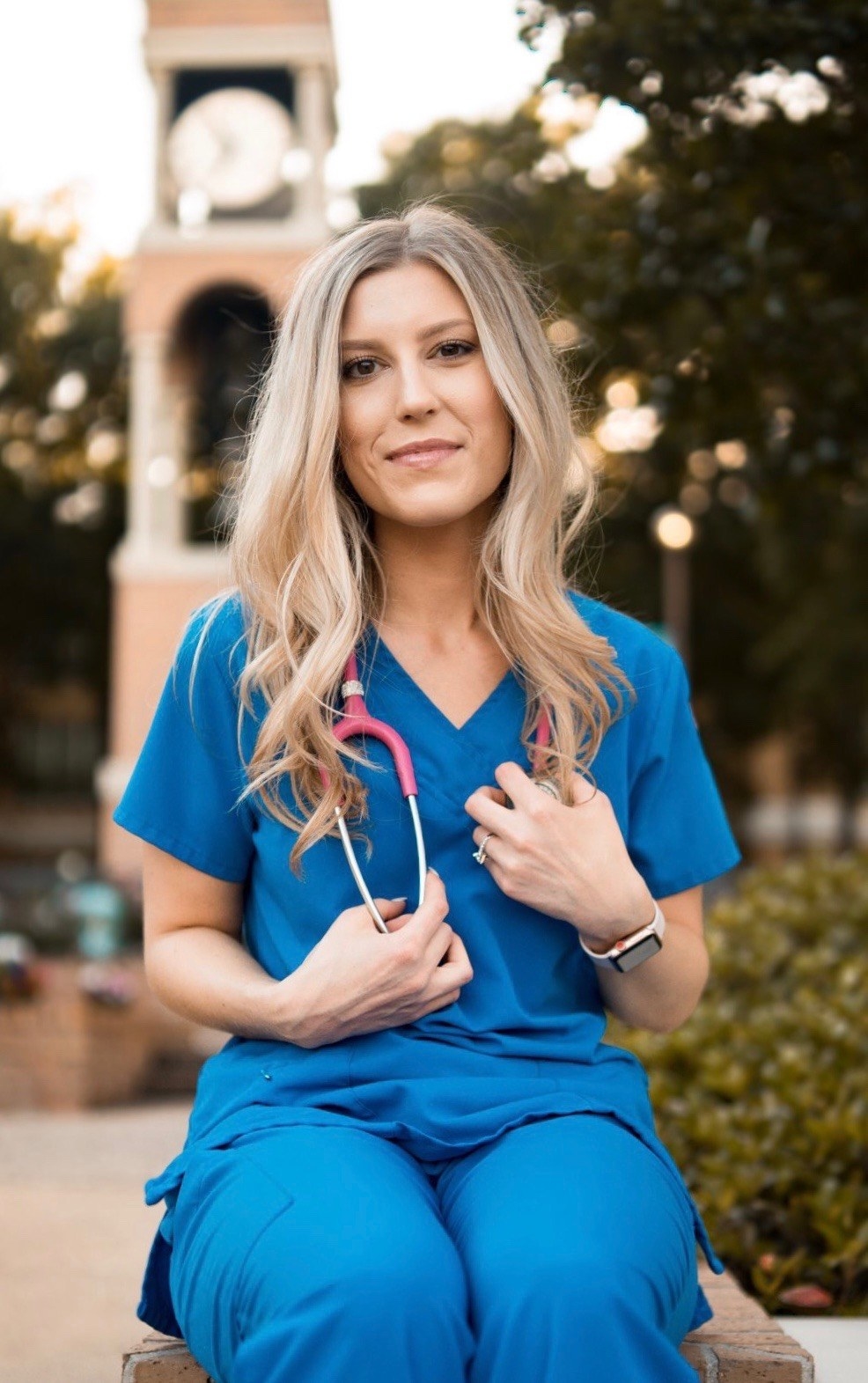
“I talked to his family, and they were missing him and praying for him,” Holton said. “I just said, ‘OK, give me names. Give names of every family member, and I’ll go in there and pray with him and let him know y’all are thinking of him and missing him.’”
“[Then] I just went up to him, held his hand, and just spoke to him,” she said. “He wasn’t awake, but hearing, they say, is one of the last things to go.”
James C. lived five more days, dying on March 31.
His family ultimately did get another chance to say goodbye. On March 29, around 1 a.m., the family got the call from the hospital they knew was coming — if they wanted to say their goodbyes, they needed to go right away.
The family raced to the hospital immediately. They dressed in head-to-toe protective gear in order to enter the coronavirus unit and were only allowed to visit two at a time. James T.’s sisters went in to say their goodbyes, but he couldn’t bear to walk in and see his father. “Once you see something like that you can’t unsee it,” he said. "I just didn’t want to see it.”
But being in the hospital ward himself made James T. all the more grateful for Holton’s act of kindness. “I thought that was really going above and beyond the call of duty,” he said. “Because the people that work in that unit are literally under siege.”
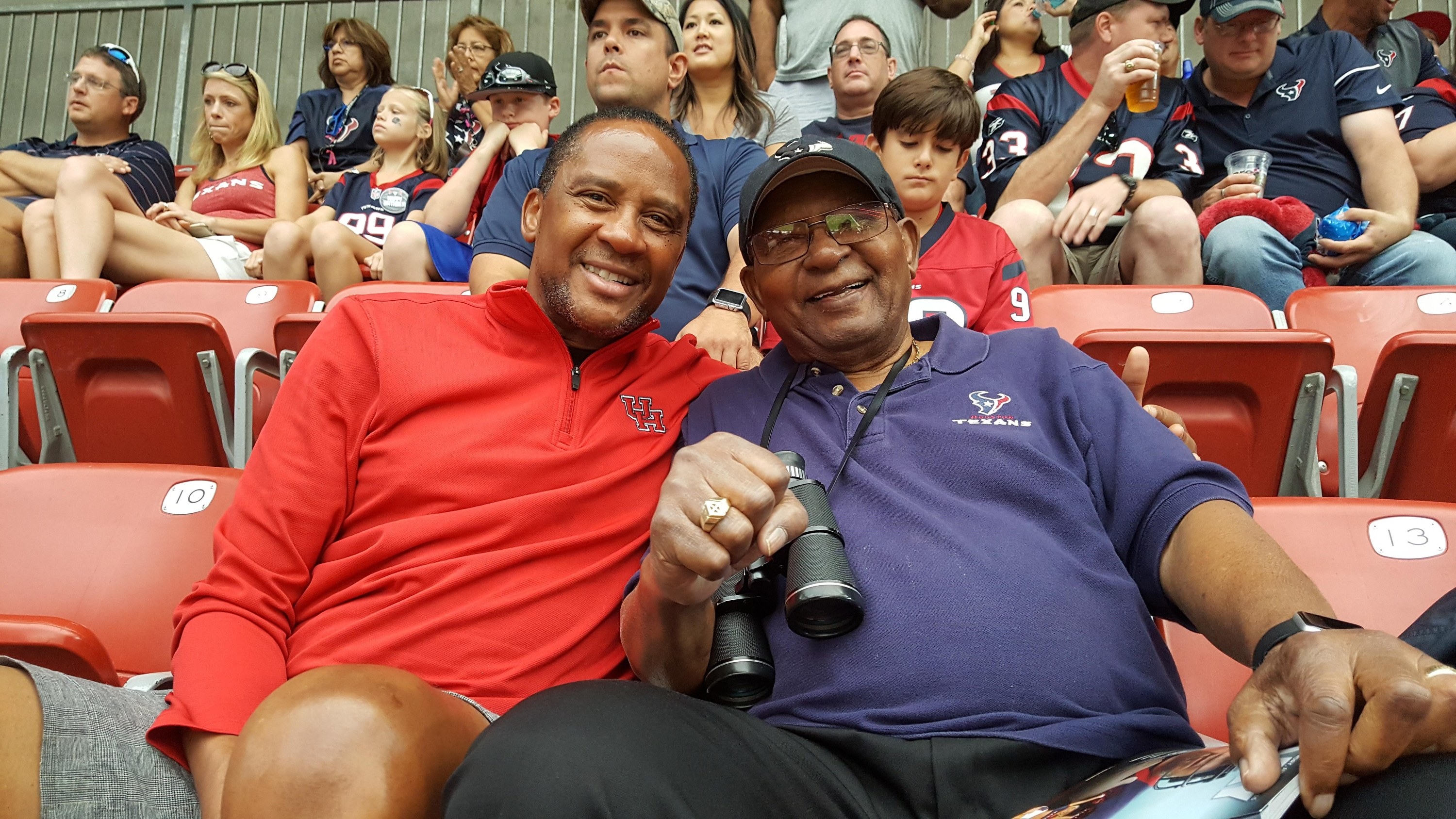
James C. was born in Ponchatoula, Louisiana, on Aug. 17, 1931. He moved to Houston as a young boy, where he would live the rest of his life. At 16, he lied about his age so he could enlist in the Army. Over the course of his life, he worked as a truck driver, a restaurant owner, and a school bus driver.
He served as a deacon at his church, read the news every day, and was a “master at barbecuing,” his son said.
And he was cared about deeply, and by many, including his enormous family and countless friends.
Gail Brown, who had employed him in the 1990s as a driver for the private school bus company she ran, remembered James C. as “the glue” that kept the business together. He would drive around some of the city’s wealthiest children and cared about them like they were his own, she said.
“He would go to some of their games if their parents couldn’t make it...just so someone would be there,” she said. “Everybody loved Mr. Campbell, and it’s just the saddest thing on the planet.
"He’s the most decent man I’ve ever met in my life.”
Sam Golden, who served as a deacon alongside James C. at Gethsemane Missionary Baptist Church, said he was “a source of strength and wisdom.”
“He was the kindest, had the sweetest spirit,” he said. “And Campbell was a handsome man — every time you saw him, he was always the spitting image of what you find on the cover of GQ Magazine.”
Golden said he particularly admired how “unbelievably kind” James was to his wife, Rosa.
“They couldn’t have been closer, and I used to say to him all the time, ‘You set the perfect example of how all of us should treat our wives. You treat her just like a queen,’” Golden said. “And he’d say, ‘I should because she is!’”
For his son, not being able to mourn together has been a cruel irony for the death of such a beloved, social man. Only his mom, siblings, and their spouses were able to attend the April 10 funeral. Some of the grandkids waited outside the funeral home, and many more loved ones and church members watched his eulogy on Facebook Live.
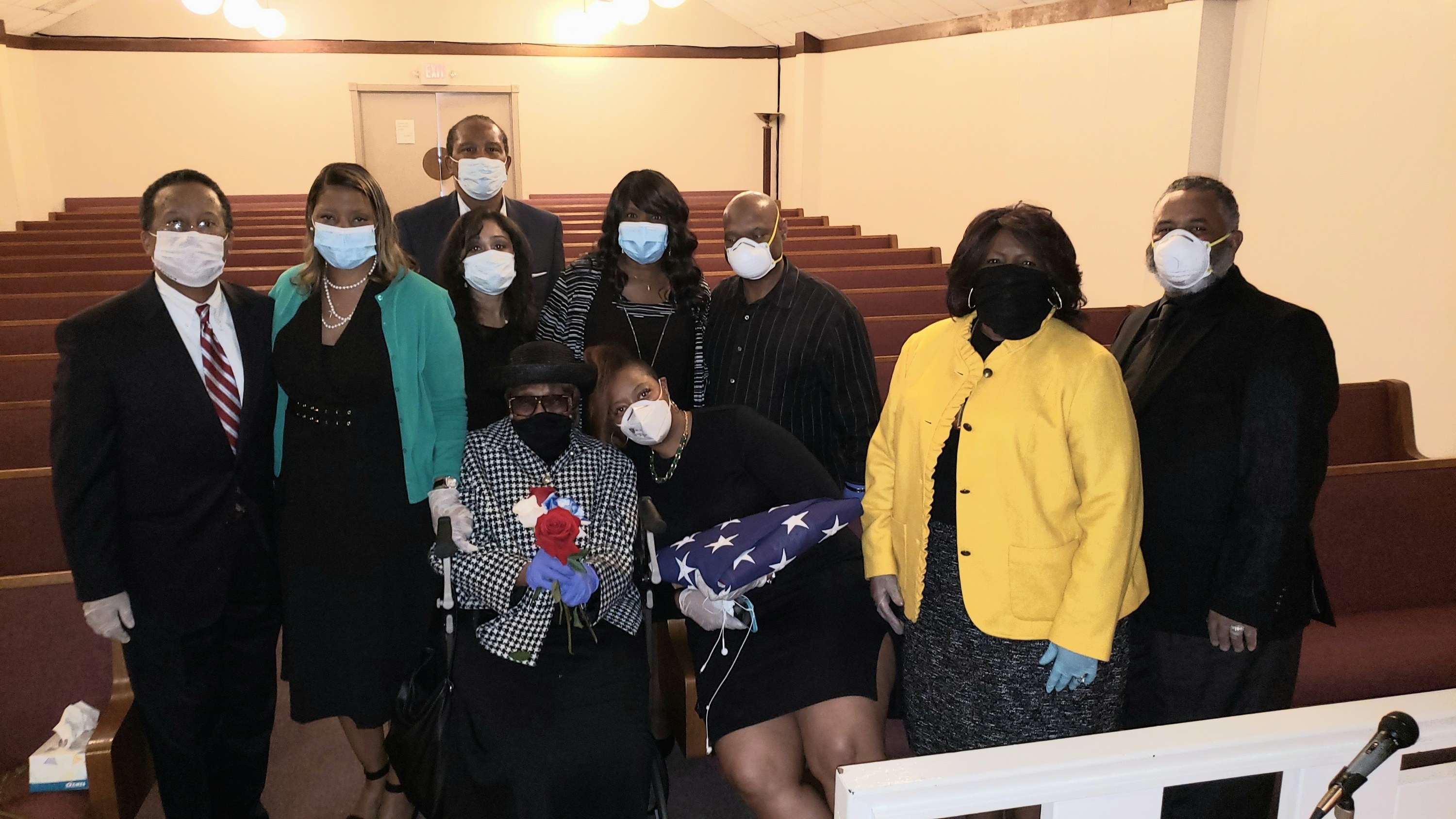
“There’s this belief that if you lived a good life, you would have this enormous funeral service with people coming to pay tribute to you, and the choir would be singing, and you would have a long funeral,” James T. said. “Not Aretha Franklin–long, but long. He expected that would happen, and that didn’t happen at all.”
“He didn’t even get the military burial he gets as a veteran, and we were looking forward to that,” he added.
For James T., the hardest part came when the service ended.
“We couldn’t even gather as a family to comfort my mom, or have a meal, or anything like that,” he said. “We just went our separate ways, which was really odd.”
As the family mourns, James T. said he’s also been troubled by how many black and Latino people are dying of the coronavirus.
On April 8, Dr. David Persse, health authority for the Houston Health Department, said black Texans are bearing the brunt of the disease’s worst effects. At the time, 11 people in Houston had died: seven who were black, two who were Latino, and two who were white. Data has begun to emerge indicating these disproportionate rates are occurring nationwide.
“My dad had the resources to get to a good hospital and get treated, but not everyone may,” he said. “So I just hope politicians and community officials are paying attention to this, because these workers, these people who are out there keeping grocery stores stocked and delivering people to their jobs on public transit, these people need to be helped as well.”
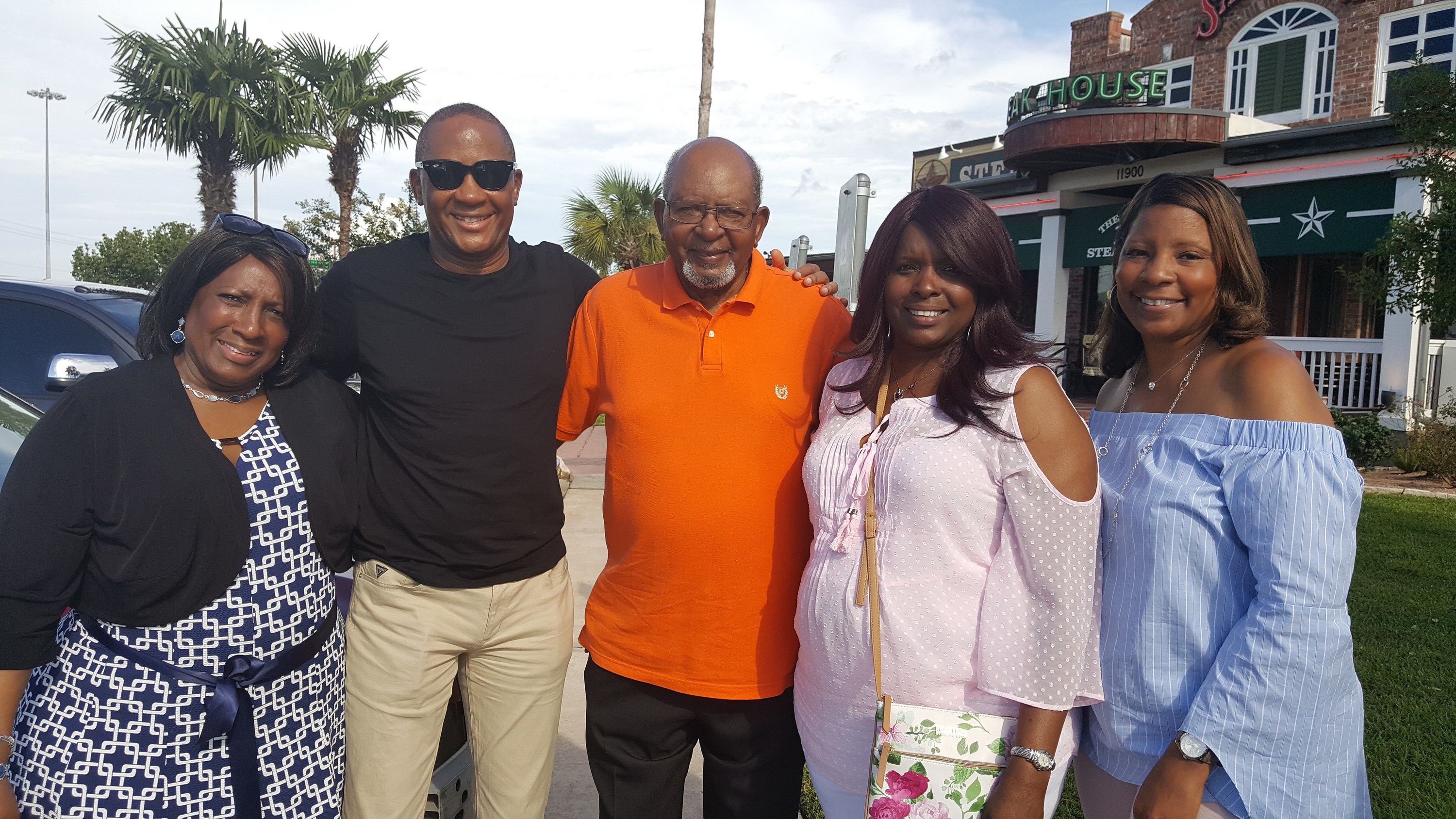
For now, James T. and his family are just grateful for Holton, the young nurse who was there for their father when they couldn't be.
Holton said praying with James C. on his family’s behalf hadn’t felt like an extraordinary measure at the time. She thinks it’s something any nurse would do for their patients. She hadn’t even known it had been so meaningful to the family until another nurse read an article about it in their local ABC affiliate and told her.
“I didn’t even realize it really made much of a difference. It was just something I would do — it’s the least I could do for them,” she said.
“It’s what I would want someone to do for my family member," she said, "and I think we all feel that way.”

